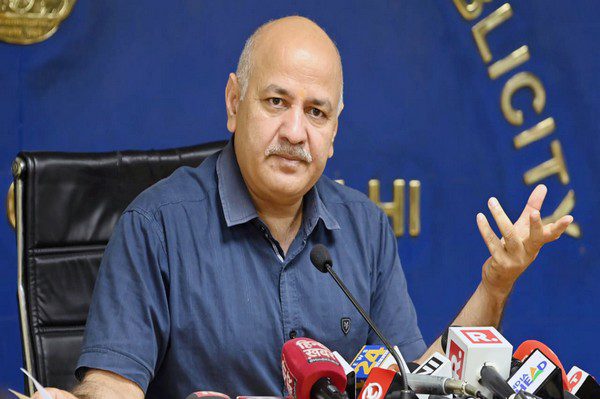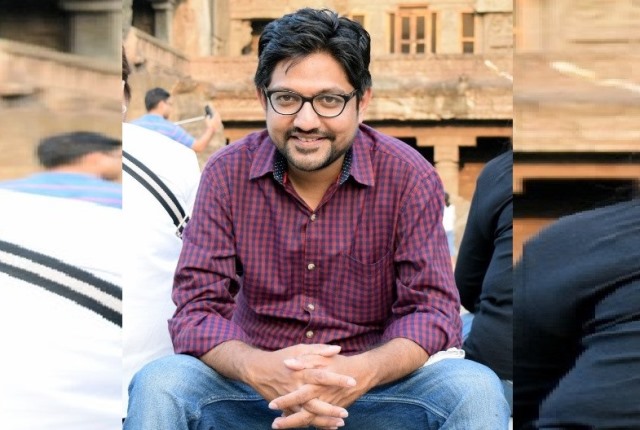Prime Minister Narendra Modi kickstarted the distribution of PMJAY-MA Yojana Ayushman cards in Gujarat via video conferencing on Monday.
PM Modi also interacted with the beneficiaries virtually. As many as 50 lakh Ayushman cards have been printed in Gujarat and will be delivered soon to families.
The health scheme was launched by PM Modi on September 4, 2012, for BPL families. Under the scheme, the government met hospitalization and surgical procedures up to Rs 2 lakhs.
According to the government, around 46 lakh poor and lower-middle-class people have been given treatment worth more than Rs 8,000 crore till date, more than 600 transplantations are done of different organs, around 50,000 people have been benefited with joint replacements/orthopedic treatments, more than 7 lakh have taken treatment for cancer, around 3.50 lakh have availed care for heart diseases, more than 30 lakh have undergone various surgeries.
Special camps for generating awareness and enrolment in the PMJAY-MA scheme were carried out at around 2,500 places and around 5 lakh Ayushman cards were issued in 50 days during this campaign.
Efforts of Gujarat to protect poor people from costly medical care through PMJAY-MA-MAV schemes have been recognized by various agencies.
The Mukhyamantri Amrutum (MA) Yojana was one of its kind health scheme launched by Narendra Modi on 4th September 2012. It was a holistic health insurance scheme for BPL families and covered the entire cycle of a medical contingency, from diagnostic tests to post-hospitalization care. Under the scheme, the Government met the hospitalization and surgical procedures up to Rs 2 lakh. In addition, the scheme also includes a provision for transport allowance.
In a time when the rest of the nation was struggling to embrace the PPP model effectively, Gujarat implemented the PPP model in the health sector aiming to bring about a positive difference in the lives of the poor.
The scheme was expanded in 2014 to cover families with an annual income of Rs 4 lakhs and the Mukhya Mantri Amrutam Vatsalya (MAV) scheme was announced.
More than 46 lakh beneficiaries from Gujarat have benefitted from MA Yojana. As a result, more than Rs 8,000 crore have been saved by the poor patients. Under the Ayushman Bharat scheme, around 7500 health and wellness centers and 600 Deendayal Aushadhalaya were set up in Gujarat. The government of India’s PMJAY was integrated with MA and MAV Yojana by the Government of Gujarat in 2019.
Ayushman cards are being given to the beneficiaries of PMJAY-MA as per National Health Authority guidelines. (ANI)
Read More:https://lokmarg.com/


